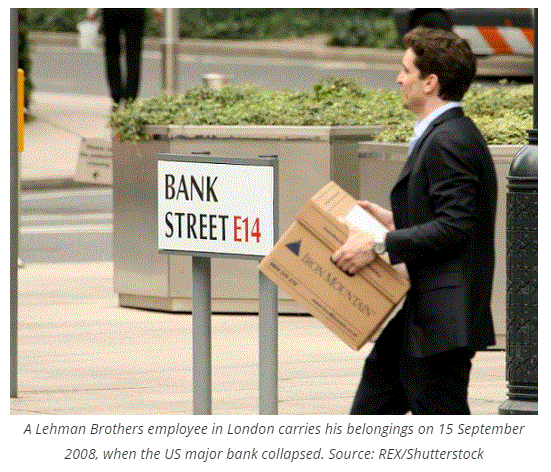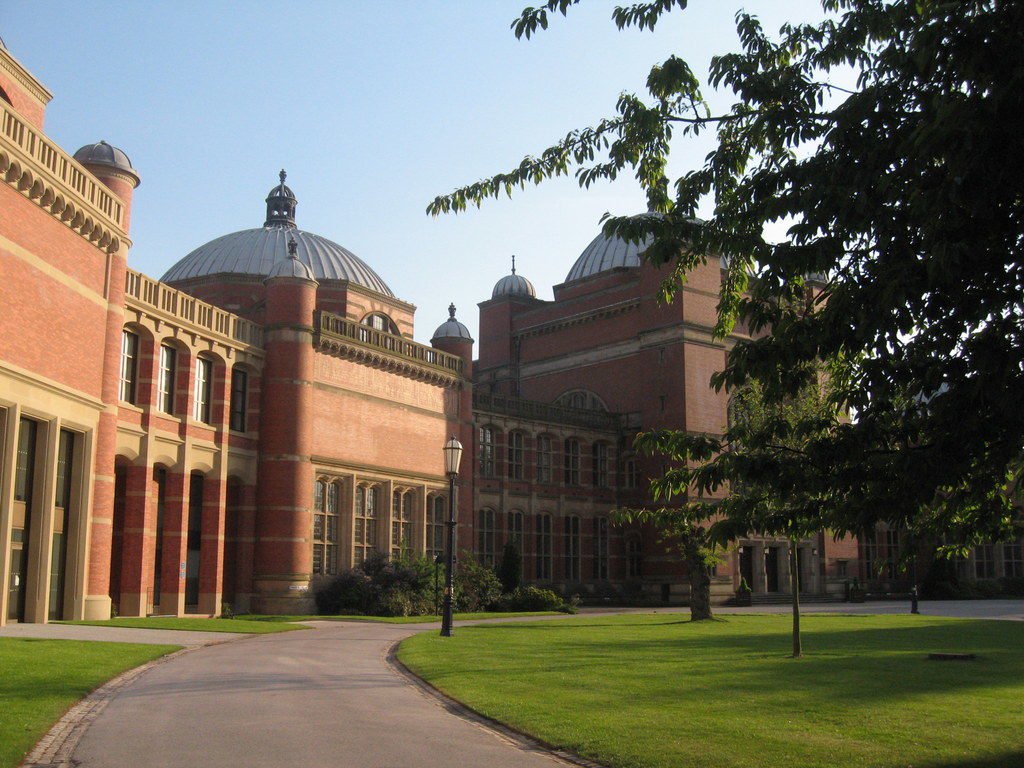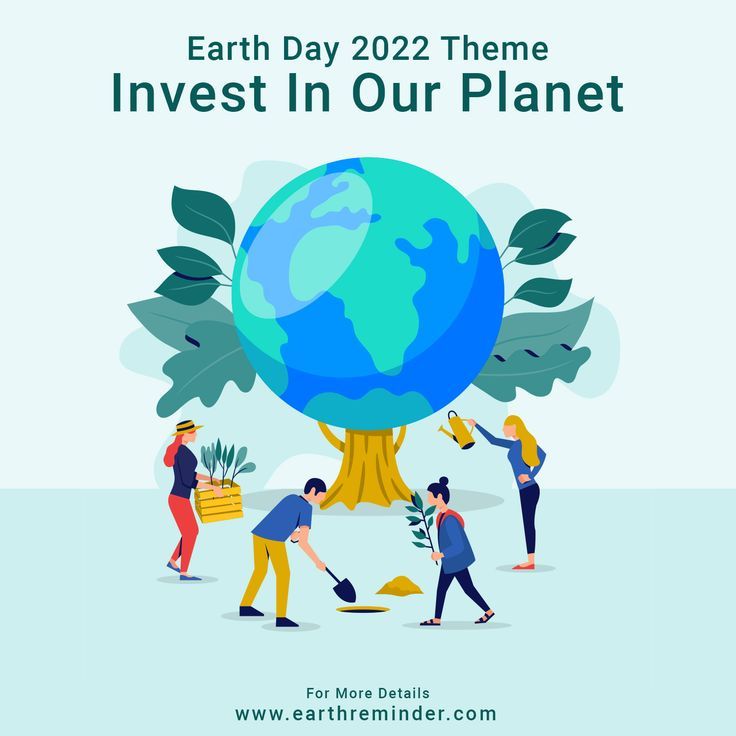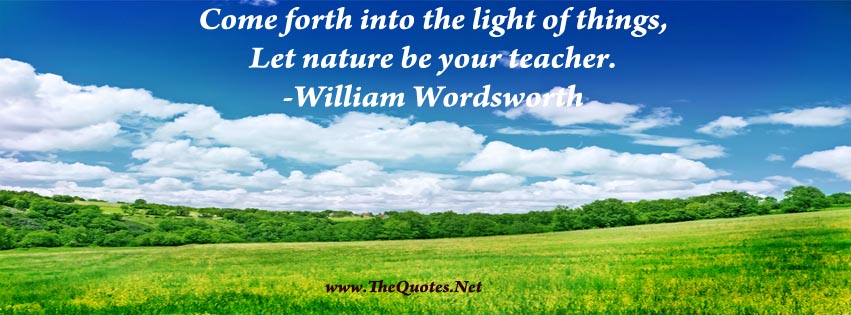- Details
- Written by: Kamran Mofid
- Hits: 1458

Dear Signatories to our Call to Action of 2011 and all other concerned observers,
We, the undersigned, co-authored - A Call to Action- and sought your kind support. We were delighted and honoured for your endorsements. As the current global crises have clearly shown, the whole world is waking up to the value of co-creation and the harnessing of knowledge and wisdom from diverse sources, disciplines, vision, insight, experience and expertise.
We would very much wish to invite you, once again, to revisit A Call to Action 2011 document, so that, we may reignite the spirit in which it was written, relevant and important to what is to follow.
Call for Papers to Mark the 10th Anniversary of the 2008 Global Financial Crisis
(For publication in The GCGI Journal )

This year marks the 10th anniversary of the 2008 global financial crisis, the most significant financial and economic upheaval since the Great Depression.
It is worth reiterating, however, briefly, the scale of the crisis. ‘The crisis required a write-down of over $2 trillion from financial institutions alone, while the lost growth resulting from the crisis and ensuing recession has been estimated at over $10 trillion (over one-sixth of global GDP in 2008). The year 2009 became the first on record where global GDP contracted in real terms. The process of responding to the crisis, the subsequent deep recession and the impacts on governance of the global financial system – and the eurozone in particular – took the better part of the decade to implement before there was a reliable return to growth across the US and Europe.
‘Many of the direct effects of the crisis still remain active concerns: debt levels across advanced economies, while declining, are still far above where they were before the crisis. (Currently gross debt across advanced economies stands at 106% of GDP as of 2016, compared to 72% in 2007.) Although unemployment in Mediterranean Europe has begun to decline, it still remains incredibly high – over 15% in Spain and 20% in Greece, for example.’
As for political consequences of the crisis, it is suffice to note that, the ensuing austerity measures adopted by many countries, led to the rise of populism, right wing extremism, which in turn has dramatically affected the socio-economic fabric of societies, resulting in Brexit, election of Trump and the rise of extremism across Europe. (For a more comprehensive account of the crisis see a recent comment at CHATHAM HOUSE )
In short, it is safe to assume that, the 2008 economic crisis, which often is appraised only as a “financial crisis”, has in fact, acquired a manifold character involving the socio-economic structures at a worldwide level. To us at Globalisation For the Common Good Initiative (GCGI), it represents an important milestone to take stock of where we were then and where we are now. The problems of rising income inequality, the atrophy of social safety nets, encroaching climate change, and ecological degradation were upon us then and have only intensified since 2008. In addition to these crises, the institutional and structural features that launched the Financial Collapse have not been significantly reformed and repaired, even as reactionary forces have garnered steam in many countries and quarters of the world.
Continuing and deepening the spirit of our Call to Action of 2011, we are calling for a broad array of papers addressing the different aspects of crises. What are the new and worsening problems we face today? How have we not made more progress? Why are we as the people of the globe in an even more desperate situation in many respects? Are there any threads of hope to weave into a sustainable strategy for progress, for social justice, for ecology, and for a firmer financial foundation for the globe?
We are calling on a wide spectrum of scholars, researchers, observers, practitioners, students, storytellers from various disciplines to join us for putting together a series of studies, papers, essays and other form of creative work to mark the tenth anniversary of the international financial that took the world by storm. We want to take this opportunity to put together a body of works that can help us all to see where this storm is taking us. While we would like to put a series of themes for this gathering of ideas and creative works, we welcome other inputs and thematic ideas that can correctly deal with the vision of this call for papers. Here are some of the working themes we have and let us keep the door open for more creative ideas and additional inputs:
- Demographic changes and rise of racial politics,
- The dominance of neoliberalism with its inability and unwillingness to engage with life’s bigger picture: Who am I, where have I come from, where am I going to, what is the purpose of this journey we call life,...
- Ever increasing rise of greed as a strong force giving greater control in governance through strength of plutocracy,
- Rise in incidents of global corruption, money laundering, offshore tax avoidance, with corresponding rise in cynicism and cronyism, leading to a drastic decline in public trust in political and economic institutions,
- Return of cold war without ideological content and drawing boundaries among nations without identifiable dividing economic and social reasons,
- Rise of business-like run educational system as a mere tool of serving labour market as opposed to being a transformative force to create better life on earth,
- Institutionalisation of poverty and inequality,
- The ongoing and inevitable emergence of the next international financial crisis,
- Void of spirituality as a guiding force in dealing with one another,
- Ignoring environment and mother earth and believing that everything should centers on wellbeing of human beings alone,
- The role of education and universities in the fermentation of crises,
- Inflated financial markets, low investment trends and changes in the patterns of production and employment,
- Environmental unsustainability of the current way of production and consumption,
- Increasing unemployment, mainly among the youth, in the context of the adoption of disruptive technological innovations,
- Growing risks in the worldwide geopolitical contexts with a resurgence of massive migrations, xenophobia and armed conflicts,
- Fraud in mortgages,
- Credit agencies' mistakes,
- Regulatory and supervisory failures,
- Accounting, disclosure, and audit failures,
- Flawed expectations about house prices,
- Excessively loose monetary policy.
Submission of Papers
Papers of up to 3000 words should be submitted to Prof. Steve, Editor-in-Chief, GCGI Journal (ISSN 2377-2794) and copied to Professors Damooei and Mofid (see the email addresses respectively below).
The deadline to receive papers is: 1 August 2018
Publication date: October 2018
GCGI Journal
The unique aim of GCGIJ, the journal of the GCGI, in working towards building a better world consistent with the values of social justice, peace and ecology, is to help close the gap between theory and practice, and between theorists and practitioners. The GCGIJ will publish scholarly essays that integrate rigorous thinking about basic principles and theories of the common good and globalization, into discussions of practical issues related to policy developments, social pressures and change, global institutional arrangements and structures, the conduct of important international actors, and other cultural, ecological, economic and systemic patterns and trends: Journal Submission Guidelines
Prof. Jamshid Damooei, PhD (ECON), Professor & Chair, Department of Economics, Finance & Accounting, California Lutheran University, USA and a GCGI Senior Ambassador. Email: damooei@callutheran.edu
Prof. Kamran Mofid, PhD (ECON), Founder, Globalisation for the Common Good Initiative (GCGI). Email: k.mofid@gcgi.info
Prof. Steve Szeghi, PhD (ECON), Department of Economics, Wilmington College, Ohio, USA and a GCGI Senior Ambassador. Email: starsteve90@yahoo.com
- Details
- Written by: Kamran Mofid
- Hits: 2419
What is a University?
The beautiful campus of my alma mater (PhD Economics, 1986), The University of Birmingham

(1982-1986 PhD Candidate and Tutor in Economics. Plenty of fond memories, when education at universities in Britain was guided by values other than money and greed, when students were students and not customers, and where tutors and lecturers were academics and teachers and not service providers, valued for the calibre of their personality, moral character, strong work ethics, collegiality and commitment to do good, rather than how much money they have raised, regardless of its source! And, where the vice-chancellors were people of vision and dreams to build a better world, rather than fat cats, huge salaries and questionable expense accounts. Oh how things have changed!) Photo:bing.com
“The one continuing purpose of education, since ancient times, has been to bring people to as full a realization as possible of what it is to be a human being.”-Arthur W. Foshay
‘The Bologna statement, which defines the very purpose of universities, doesn’t seem to apply to the UK any more.’-Stefan Collini, professor of English literature and intellectual history at the University of Cambridge.
The Values-led British Universities as I knew them: And now we can only lament the passing of the idea of a university
‘In UK universities there is a daily erosion of integrity’
- Details
- Written by: Kamran Mofid
- Hits: 3416
Updated April 2022

EARTH DAY 2022 – APRIL 22
INVEST IN OUR PLANET
‘This is the moment to change it all — the business climate, the political climate, and how we take action on climate. Now is the time for the unstoppable courage to preserve and protect our health, our families, and our livelihoods.
‘For Earth Day 2022, we need to act (boldly), innovate (broadly), and implement (equitably). It’s going to take all of us. All in. Businesses, governments, and citizens — everyone accounted for, and everyone accountable. A partnership for the planet…’-EARTHDAY.ORG
Our GCGI's vision and hope for the flourishing of the Earth Community in
these challenging times
Defend the Sacred
Living Earth: Cooperation With All Beings
‘All human activities, professions, programs, and institutions must henceforth be judged primarily by the extent to which they inhibit, ignore, or foster a mutually enhancing human/Earth relationship.’-Thomas Berry
“Nature does nothing in vain.”- Aristotle
"We must all widen our circles of compassion to embrace all living creatures and the whole of nature in its beauty."- Albert Einstein
"Never doubt that a small group of thoughtful, committed citizens can change the world. Indeed, it is the only thing that ever has."- Margaret Mead
Hopelessness or Eruption of Hope?
We can all fall in hopelessness and despair or we can ask of ourselves: How can we harness our creativity, ingenuity, insight and ability to cooperate and take actions in the interest of the common good, recognising that we need to live more sustainably, fostering hope that indeed, yes, we can build a better world?
Is there any hope for a more sustainable world? Can we reimagine a way of living in which the nonhuman world matters also? How might we inspire hope and empower action for a sustainable and environmentally just world, with special concern for the most vulnerable members of the Earth community, or facilitate deeper understanding of human responsibility for care of our Sacred Earth?
In that spirit of ‘The Eruption of Hope’, here's a selection of related posting from the gcgi.info from the past years.
Eruption of Hope: Every Sunrise Brings us New Hope

Sunrise, a painting by Hope Bruens-fineartamerica.com
In this time of crisis on our beloved earth, it is my sincere hope that, these offerings will intimately connect us to the land with presence and reverence to heal and strengthen our hearts. We will learn from nature’s perennial wisdom teachings on change, inter-dependence, sustainability, regeneration and more. Moreover, I hope, we will be able to explore the interconnection between our inner and outer landscape and experience how nature touches and evokes many beautiful qualities including hope, joy, peace, wonder and love.
Harmony arises when we seek Wisdom and Beauty...When we merge open heart...Stillness and space with sacred world...In sacredness arises HOPE...in hope arises the desire and imagination to build a better world...by touching the earth, combining our inner spiritual path with the goal of creating an environmentally sustainable and socially just human presence on this planet.

Desperately seeking Sophia: The Wisdom of Nature
Spiritual Ecology and 10 Practices to Reawaken the Sacred in Everyday Life
Nature the Best Teacher: Re-Connecting the World’s Children with Nature
Biomimicry: Learning from Nature
In this troubled world let the beauty of nature and simple life be our greatest teachers
Sustainable Development Goals: Where is the Common Good?
Happy International Day of Forests 21 March 2018
A Reflection on Monet’s timeless harrowing pleas for humanity to build a better world
On the 250th Birthday of William Wordsworth Let Nature be our Wisest Teacher
Land As Our Teacher: Rhythms of Nature Ushering in a Better World
The IPCC Report- I Refuse to give up Hope: Earth Is A Mother that Never Dies
Do we love the world enough to look after it, to save it?
Climate Change, Environmental Degradation and the Rise of COVID-19
Nature the Best Teacher: Re-Connecting the World’s Children with Nature
Detaching Nature from Economics is ‘Burning the Library of Life’
‘Nature and Me’: Realigning and Reconnecting with Mother Nature’s Wisdom- A Five Part Guide
Ten Love Letters to the Earth: “Walk as if you are kissing the earth with your feet”
We need to come together to stop the plunder of the commons
By Forgetting Mother Nature- We have Now Ended Up with This unenviable World
The future that awaits the human venture: A Story from a Wise and Loving Teacher
The healing power of ‘Dawn’ at this time of coronavirus crisis
Coronavirus and the New Tapestry of Life: The time is now to rediscover our true selves
Are you physically and emotionally drained? I know of a good and cost-free solution!
Nature is the model to teach business how to thrive
GCGI is our journey of hope and the sweet fruit of a labour of love. It is free to access, and it is ad-free too. We spend hundreds of hours, volunteering our labour and time, spreading the word about what is good and what matters most. If you think that's a worthy mission, as we do—one with powerful leverage to make the world a better place—then, please consider offering your moral and spiritual support by joining our circle of friends, spreading the word about the GCGI and forwarding the website to all those who maybe interested.

Tarn Reflection, Mt Taranaki/Egmont, Egmont National Park, NZ.-Dave Young, Creative Commons
- 'Any fool can make war. Peace requires greater vision and courage'
- Good Friday Agreement and the Spirit of Forgiveness and Reconciliation
- What does it mean to be kind? What is Kindness?
- A Reflection on Monet’s timeless harrowing pleas for humanity to build a better world
- 14th GCGI International Conference and the 4th Joint GCGI-SES Forum, Lucca, 2018: Final Programme
